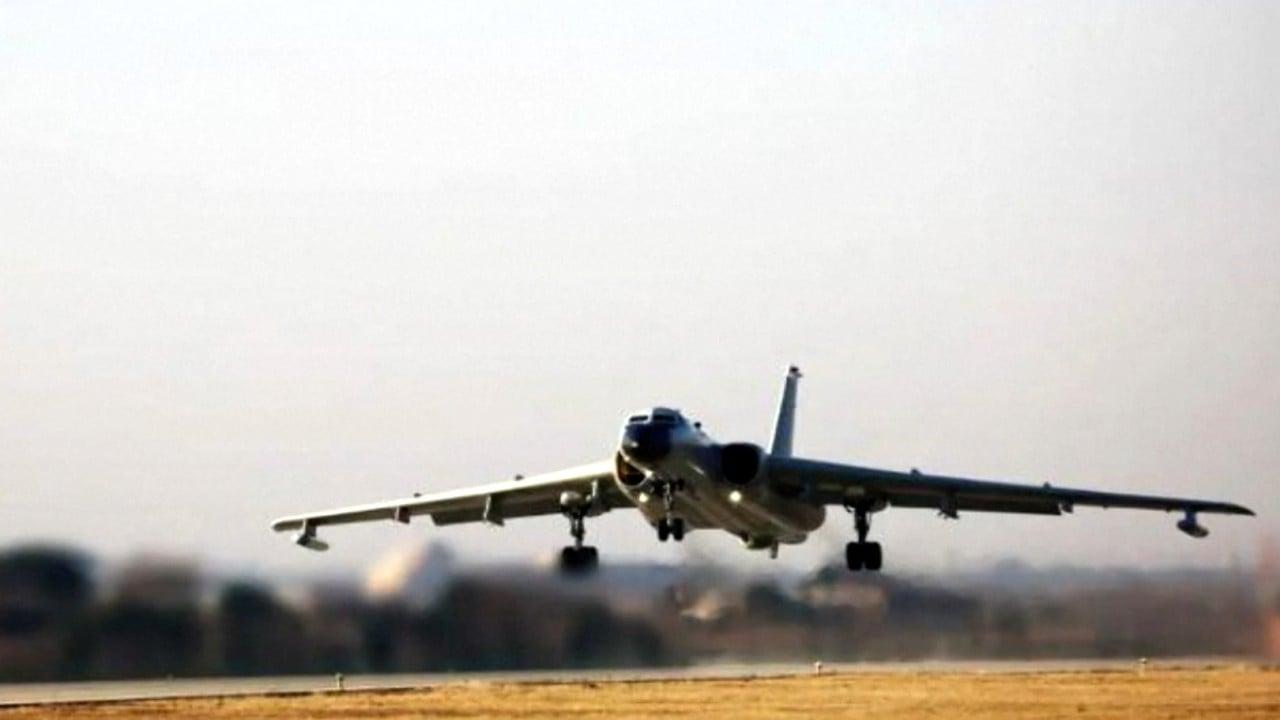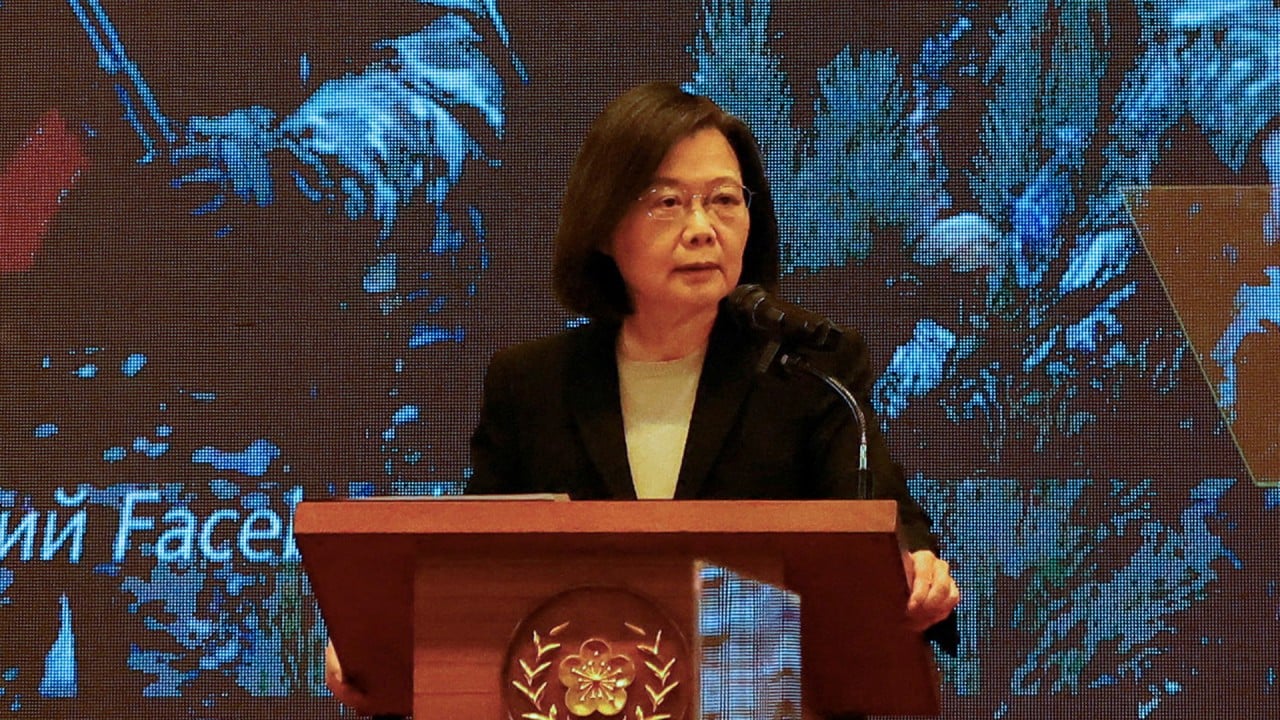
Beijing cut off senior-level talks with Taiwan after Tsai came into power for the first time in 2016. The Chinese side views Tsai as a pro-independence figure who opposes its claim over Taiwan.
Beijing has been aggressively ramping up pressure on Taiwan on the military front over the past few months since US House Speaker Nancy Pelosi visited Taipei in August, leading to growing concern among stakeholders in the region, including Washington.
Chinese officials also continue to threaten to invade Taiwan to prevent the democratic, self-ruling island’s formal independence.
On December 21, a Chinese fighter plane flew within 6 metres (20 feet) of a US Air Force reconnaissance aircraft over the South China Sea in what the US Indo-Pacific Command called “an unsafe manoeuvre.”
Last Friday, Beijing’s defence ministry spokesman Tan Kefei again threatened invasion of Taiwan, just days after the Chinese military put on its biggest display of might since holding unprecedented exercises around Taiwan following Pelosi’s trip, with some 71 Chinese warplanes flying near the island.
On Sunday, Tsai said Chinese military manoeuvres do not help with stability in the Taiwan Strait.
She had announced last Tuesday that her government was extending compulsory military service for men to one year from the current four months – starting in 2024 – a signal to Beijing and Washington that it was serious about defending itself.
American lawmakers last month passed a US$1.7 trillion spending bill, which included US$2 billion in weapons funding for Taiwan to help boost its defence.



